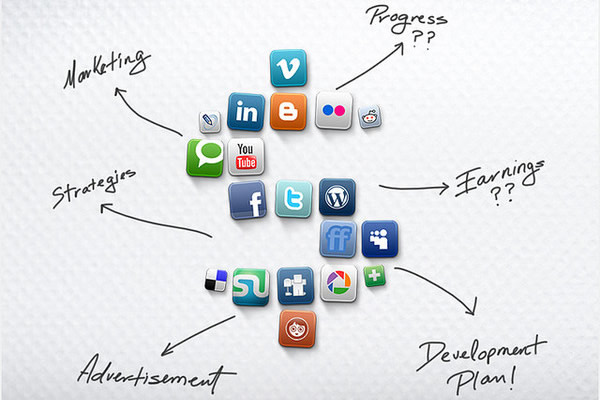There has been much said about the ‘wisdom of crowds’. That is, how we can use the opinions of numerous disparate individuals to make better decisions than we ever could on our own.
The Web has enabled all of us to create and access this knowledge, in a way not previously known. So, for example, we can follow the collective train of thought, on any particular issue of the day, by following the comments posted on Twitter. We can evaluate the best place to stay, when abroad, by tapping into the collective wisdom on a website like tripadvisor.com.
We also all use search engines to try and find information that we require. Search Engines have a number of algorithms designed to ensure that they deliver the most relevant results to their customer. Many of these algorithms, in one way or another, assess the popularity of a site, for example, links to and from a website or social mentions given to a site on platforms such as Twitter. In this way, Google and all the other search engines are also delivering results based upon the collective wisdom.
Up until now, this has been very powerful and has enabled individuals to make more informed decisions in a whole plethora of areas of their lives. However, we are starting to enter a new age. As Mark Zuckerberg coined the phrase recently, ‘The Wisdom of Friends’.
The idea of the ‘Wisdom of Friends’ is a simple one. That is, as we become more connected online, and share more information with each other, it is easy to see what our friends like and dislike.
So, for example, at the moment, if you want to find a gardner in your area, you could go onto Google and conduct a local search. When I did this, I received 24 million results. Obviously, with so many results we tend to look at the top few. I could then email or call the people who came up first and make a decision from there. Whether this would get me a good result at the end would be debatable.
However, the world is changing.
What if, in the future, instead of going on Google, I go onto Facebook or another social platform, and search for a gardner. This time, the results I get back indicate gardeners whom my friends have liked and use. How much more powerful is this information? How much more trusted? I can now go and obtain a verification from a friend before I contact the gardner. Alternatively, if I know one of my friends takes a lot pride in their garden and they have liked a particular supplier, I may be happy to trust that information.
We are at the dawn of a new era. The ‘Social Web’. Its a time when it isn’t just the ‘Wisdom of Crowds’ on which we rely but the ‘Wisdom Of Friends’. We will be able to see what music they are listening to, what TV programmes they are watching, who they use for a variety of services and choose to access the same. Similarly, we will also be able to share all this information about us, if we choose to, with our friends.
At the moment, every business understands the requirement to have a website. That is, an address online where people can find you. What the ‘Social Web’ means for business is that today, every business needs to have a presence on a variety of Social Platforms, with the ability to allow customers to share that information. Failure to do this may simply mean that in a few years time, the business might as well not exist.
The ‘Social Web’ is upon us. Businesses must start acting now or put their very existence at risk.
Photo credit: Rosaura Ochoa / Foter / CC BY


